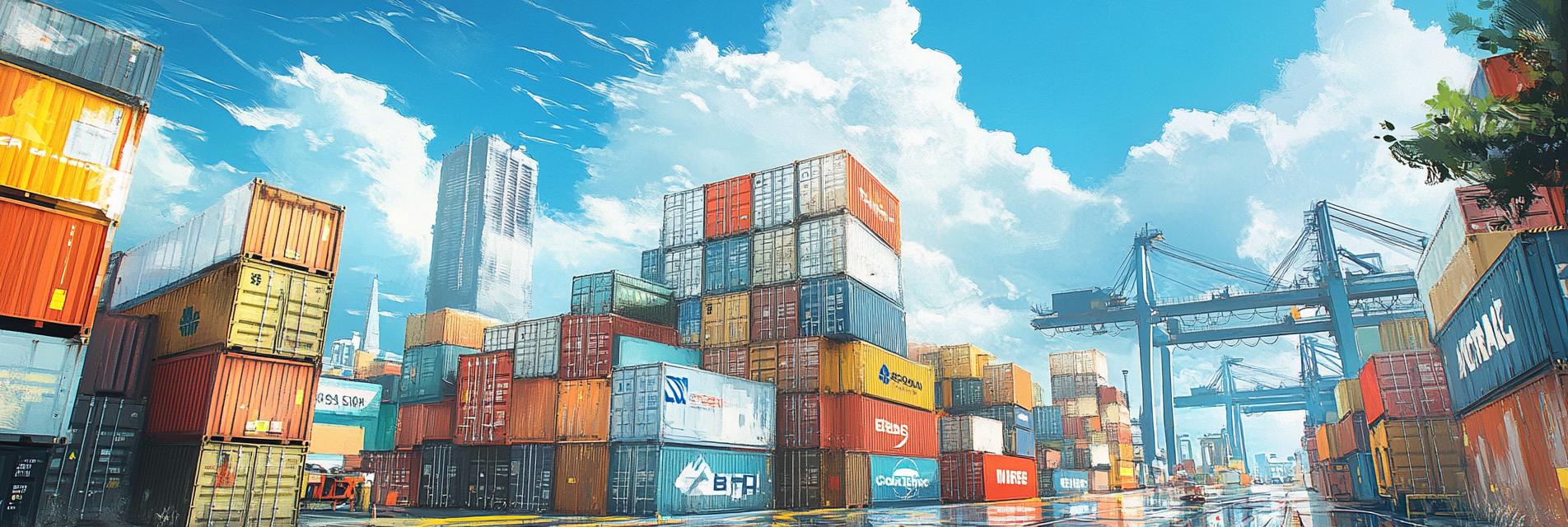 400-076-6558智领未来,外贸超级营销员
400-076-6558智领未来,外贸超级营销员
 400-076-6558智领未来,外贸超级营销员
400-076-6558智领未来,外贸超级营销员

In the ever-changing world of international trade, mastering the International Trade Terms (Incoterms) is essential for purchasing managers, exporters and importers to build trust and streamline cross-border business operations. Based on the experience of experienced traders, this article analyzes the practical application of key trade terms such as FOB (Free on Board), CIF (Cost, Insurance and Freight) and CFR (Cost and Freight). It will guide global buyers in making decisions on core decision points such as quotation, contract negotiation, cargo handling and payment, ensuring clear allocation of rights, obligations and risks, thereby achieving smoother transactions.
Trade terms define key responsibilities between buyers and sellers, affecting everything from bearing shipping costs to managing risk at every stage of a transaction. Misunderstandings can lead to disputes, delivery delays, and even financial losses. For example, research shows that 25% of global supplier disagreements stem from unclear use of international trade terms in contracts. Therefore, a clear understanding helps build a strong chain of trust between trading partners.
Under FOB, the seller’s obligations are fulfilled once the goods are loaded onto the vessel at the named port. The term gives the buyer control over freight arrangements and insurance after the loading point. As one industry veteran recalls:
The seller is responsible for export customs clearance and loading; risk is transferred after loading. The buyer should carefully verify compliance documents to avoid port release delays.
CIF transfers the responsibility for transportation and minimal insurance to the seller, who is responsible for arranging transportation to the designated port of destination and paying for insurance. CIF is ideal when the buyer wants to have no input into logistics.
In a case involving textile exports to South America, the seller’s control over freight and insurance under CIF terms ensured timely delivery of the goods, and the seller proactively managed cargo diversions and insurance claims despite unforeseen port congestion. However, the buyer must understand that once the goods cross the ship’s rail at the port of shipment, the risk is transferred.CFR requires the seller to pay for freight to the port of destination, but does not include insurance. Risk still transfers after the goods are loaded on the vessel. This term allows the buyer the flexibility to arrange insurance under his preferred policy.
For complex supply chains, experienced traders recommend CFR when buyers want to customize risk management to their internal requirements and leverage the seller’s logistics capabilities.
| challenge | Influence | Expert Tip |
|---|---|---|
| Ambiguous Incoterms | Contract disputes and delivery delays | Use clear, standardized Incoterms that specify specific ports and obligations |
| Ignoring Insurance Coverage Under CIF | Losses due to insufficient cargo insurance | Confirm that the insurance terms meet the buyer's risk tolerance |
| Ignore export/import duties | Unexpected costs and customs clearance issues | Verify who bears customs responsibility for each trade clause |
The choice of trade terms directly impacts operational transparency and accountability. Procurement professionals who are familiar with Incoterms say they can facilitate collaboration and reduce friction across the supply chain. As global sourcing expands, effective use of these terms can increase trust with international partners and improve negotiation outcomes.

Ready to simplify your international trade processes?
Discover our comprehensive trade compliance tools and expert consulting services designed to help procurement managers like you navigate the complexities of Incoterms. Contact our team today to start negotiating smarter with more confidence!
.png?x-oss-process=image/resize,h_100,m_lfit/format,webp)
.png?x-oss-process=image/resize,h_100,m_lfit/format,webp)

.png?x-oss-process=image/resize,h_100,m_lfit/format,webp)
.png?x-oss-process=image/resize,h_100,m_lfit/format,webp)
.png?x-oss-process=image/resize,h_100,m_lfit/format,webp)
.png?x-oss-process=image/resize,h_100,m_lfit/format,webp)
